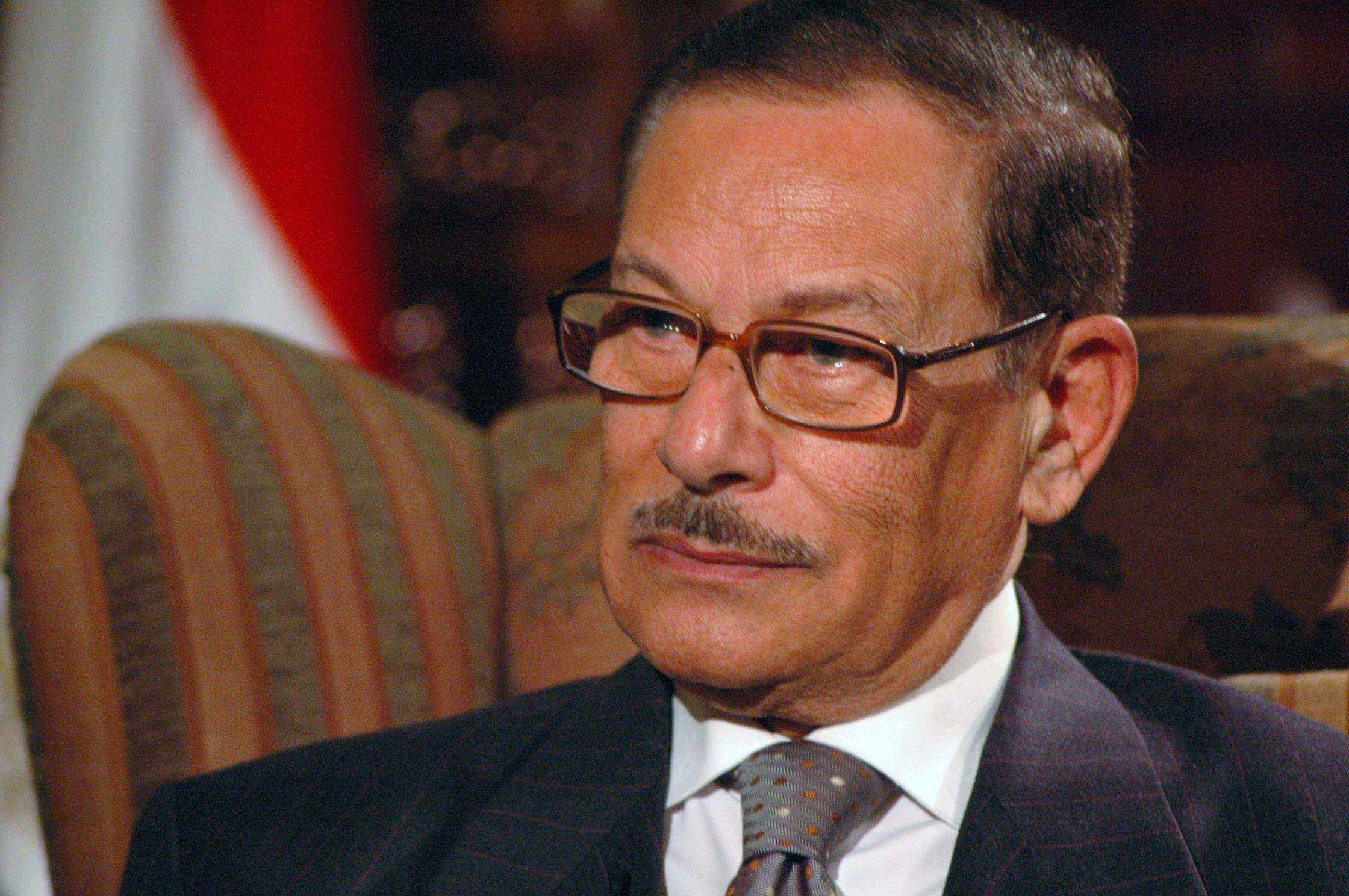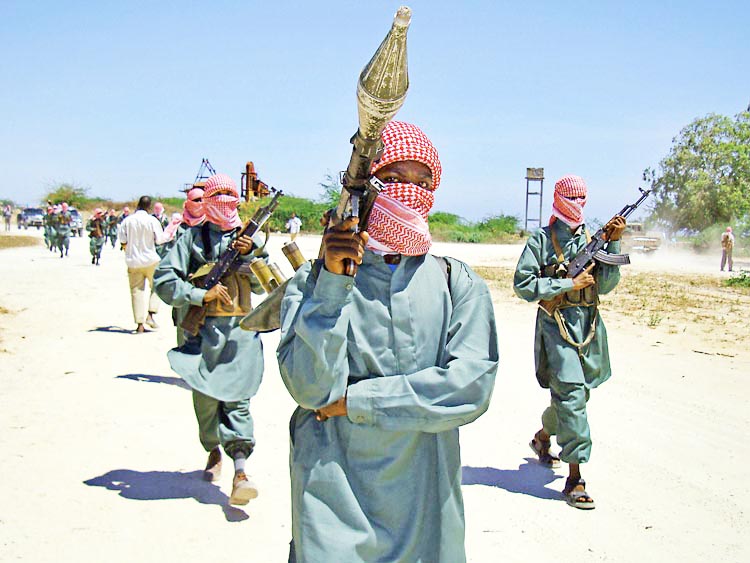Today, as regional and international powers contemplate the choices of war and peace at the historical juncture that will shape the future of the Middle East, Egyptian foreign policy busies itself combating an Iranian documentary that criticized a former Egyptian President.
The documentary entitled “Execution of a Pharaoh was produced in 2006, and was recently screened in Tehran on the sidelines of a festival organized by The Committee for Commemoration of Martyrs of the Global Islamic Movement in Iran. The film smeared the name of late Egyptian President Anwar Sadat for making peace with Israel and glorified his assassins, thus deeply upsetting Sadat’s family, who threatened to sue the Iranian producers for attempting to “tarnish the image of the man and falsify history.
Even though various Iranian officials asserted that the film does not represent Iran’s official stance, the Egyptian leadership decided to transform the minor incident into a major diplomatic crisis. Egypt summoned Iran’s envoy in Cairo to lodge a formal protest over the film. Assistant Foreign Minister for Asian Affairs, Tamer Khalil, told the Iranian diplomat that the film “shows that Iran has no understanding of Egyptian sensitivities, and that the incident will harm political relations between the two countries.
In addition, the Egyptian Football Association – following the recommendation of the Foreign Ministry – canceled a friendly football match between the Egyptian and Iranian national teams scheduled for Aug. 20. Similar recommendations were probably behind the abrasive statement issued by the Islamic Research Academy, which condemned the film, described it as ‘a heinous violation of Islamic rules and values,’ and called for burning it. The anti-Iran campaign included also shutting down the Cairo bureau of the Iranian Al-Alam television station.
It is hard to escape the conclusion that it is a bizarre attitude to strain diplomatic relations with a country because a number of its citizens dared to express political views that happened to diverge from Cairo’s official version about President Sadat.
Egypt reacted very differently a few months ago to the anti-Islam documentary ‘Fitna’ which snubbed the Quran and equated Islam with terrorism, thus truly offending “Egyptian (and at large Muslim) sensibilities. To restrain the anticipated backlash, the official discourse explained that the Dutch society is a multi-ethnic, democratic society that harbors – and sanctions – ideas from all walks of life. A great effort was exerted to explain that the detestable film was produced by a right-wing, Dutch politician who heads a negligible party that lies on the fringes of the political system and that has only nine seats in the Dutch Parliament.
In the official discourse, nevertheless, Iranians are stripped of the freedom of choice. Indeed, the heterogeneity of Iranians is denied; they should all succumb to Egypt’s official standpoint in order to enjoy Cairo’s majestic satisfaction. How reasonable!
The inconsistency is perplexing: the Egyptian regime, which ardently played the role of the firefighter in the first case, kindled a conflagration in the second. Even more astounding is the cold reaction to the Israeli documentary (Shaked Spirit) that alleged that soldiers of the Shaked Reconnaissance Unit, under the leadership of Binyamin Ben Eliezer (currently National Infrastructure Minister), had executed 250 Egyptian unarmed prisoners of war after the end of the 1967 War.
Moreover, Sadat is one of the most controversial figures in Egypt’s modern history. Among the four theoretical paradigms that dominate Egypt’s mind and heart (Communism, Islamism, Liberalism, and Nasserism), only liberalism holds a positive view of Sadat’s strategic choices. Since the 1980’s, dozens of books, articles and songs have condemned Sadat’s policies using the harshest words. Some intellectuals even revealed that his dramatic demise flooded them with relief, such as poet Ahmed Fouad Negm, political analyst Mohamed Hassanein Heikal, and economist Galal Amin. President Nasser’s daughter went as far as accusing Sadat of murdering her father and Hussein El-Shafey (former Egyptian Vice President) accused him of national treason. None of these shocking statements elicited the type of reactions to which the Iranian documentary was exposed.
It stands to reason that the film was used as a pretext to strain Egypt’s relationship with Iran and to abort any possible rapprochement between the two regimes. Otherwise, one is misled into believing that the reputation of Sadat is more valuable to Egyptian politicians than the image of Islam and the blood of Egyptian soldiers.
Nael M. Shama, PhD, is a political researcher and freelance writer based in Cairo.

